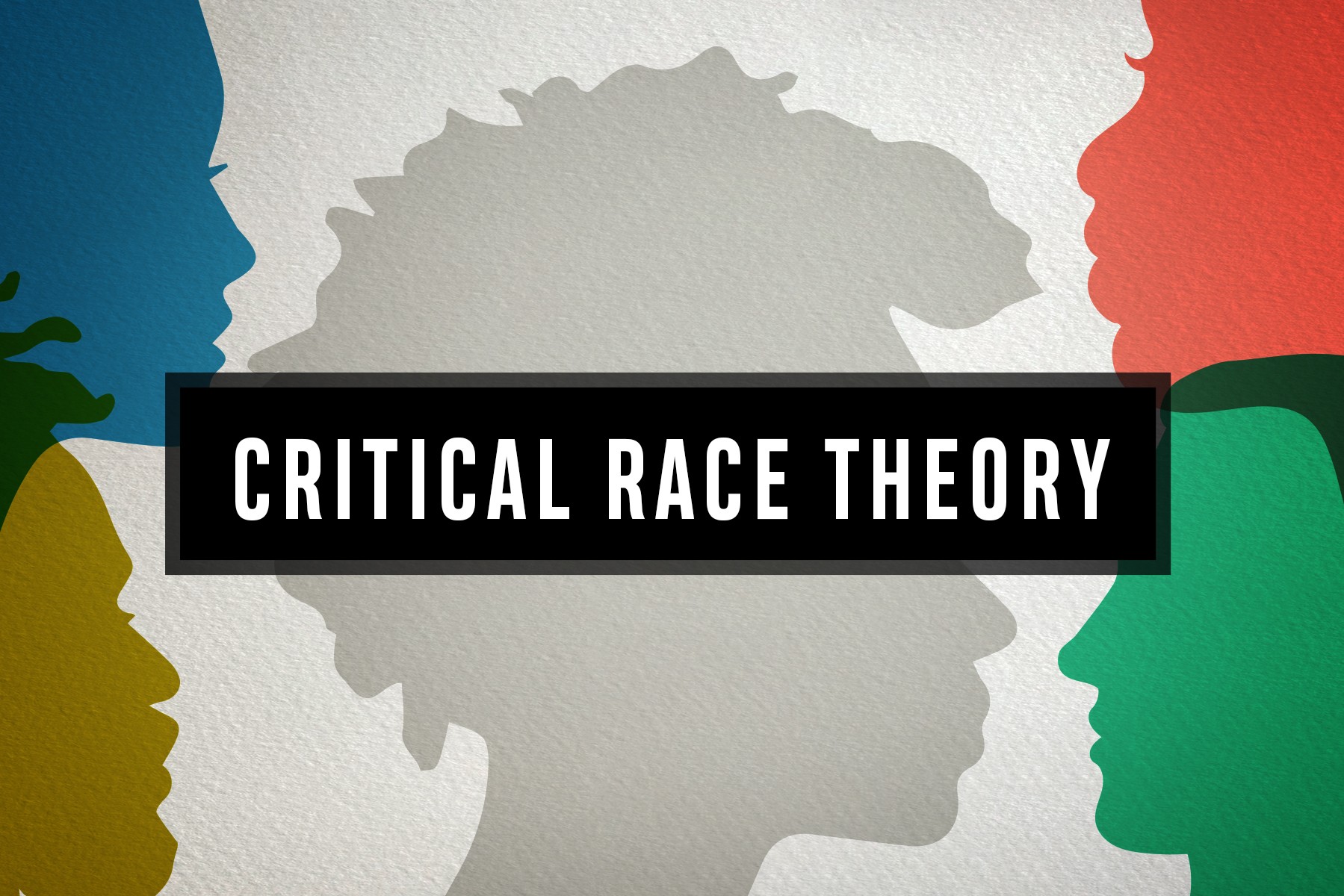In a recent legal development, U.S. District Judge Tanya S. Chutkan temporarily halted a narrow gag order imposed on former President Trump in the 2020 federal election case. The significance of this decision lies in the broader context of the ongoing legal challenges faced by the 2024 GOP presidential candidate and the intricacies of First Amendment rights.
In response to the previous order, which they deemed to be “breathtakingly overbroad,” Trump’s legal team requested a temporary stay and a reevaluation of the gag order. The order, issued earlier this week, restrained Trump from making public statements that targeted Special Counsel Jack Smith, his staff, witnesses, or court staff. According to the order, these statements posed serious threats to the integrity of the proceedings, necessitating such restrictions.
Smith had initially proposed a “narrowly tailored” gag order, arguing that Trump’s public statements aimed to undermine confidence in the criminal justice system and potentially prejudice the jury pool through disparaging and inflammatory attacks on those involved in the case. The court’s decision to grant a temporary stay allows Trump’s lawyers additional time to present their arguments and seek clarification on the constraints imposed by the order.
While it remains uncertain how long the process of appealing the gag order might take, the case itself underscores the delicate balance between First Amendment rights and ensuring fair legal proceedings. It is a reminder that the boundaries of free speech are not absolute, particularly when public statements may affect the course of justice.
Earlier on the same day, in a separate case, Judge Arthur Engoron presiding over Trump’s New York civil fraud trial, imposed a $5,000 fine on the former president for violating the gag order. Although he stopped short of holding Trump in contempt, he did warn that future violations, whether intentional or unintentional, could result in more severe penalties, including possible jail time.
As the legal battles continue, this case sheds light on the complexities surrounding freedom of speech and its limitations, especially when intertwined with the legal process and concerns about prejudicing fair trials. The temporary stay offers an opportunity for further examination of these legal and constitutional nuances, making it a case to watch for those interested in the intersection of politics, law, and the First Amendment.
Cited Works:
Miranda, Shauneen. “Judge Temporarily Lifts Trump Gag Order in Federal Election Case.” Axios, October 21, 2023. https://www.axios.com/2023/10/21/trump-gag-order-election-case-chutkan-freeze?fbclid=IwAR0eTWKd3UoBtuMrPjL6zK_lRwEL-f3Fjv-u4U7mB_EQ2893gMq3bFw7wbM.














